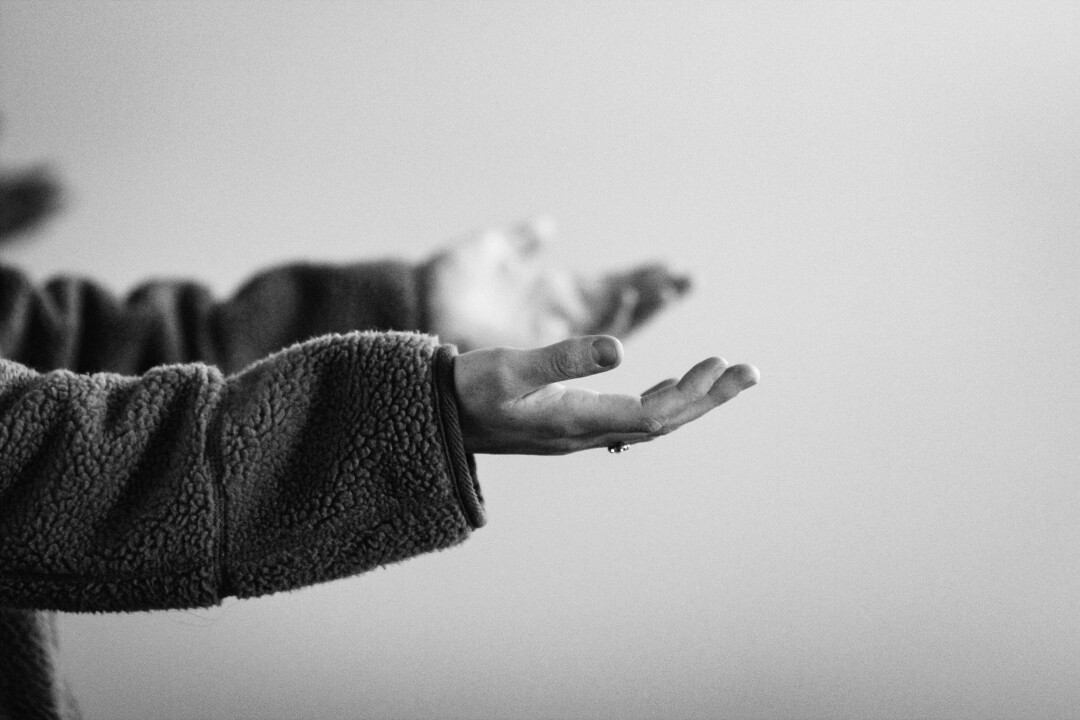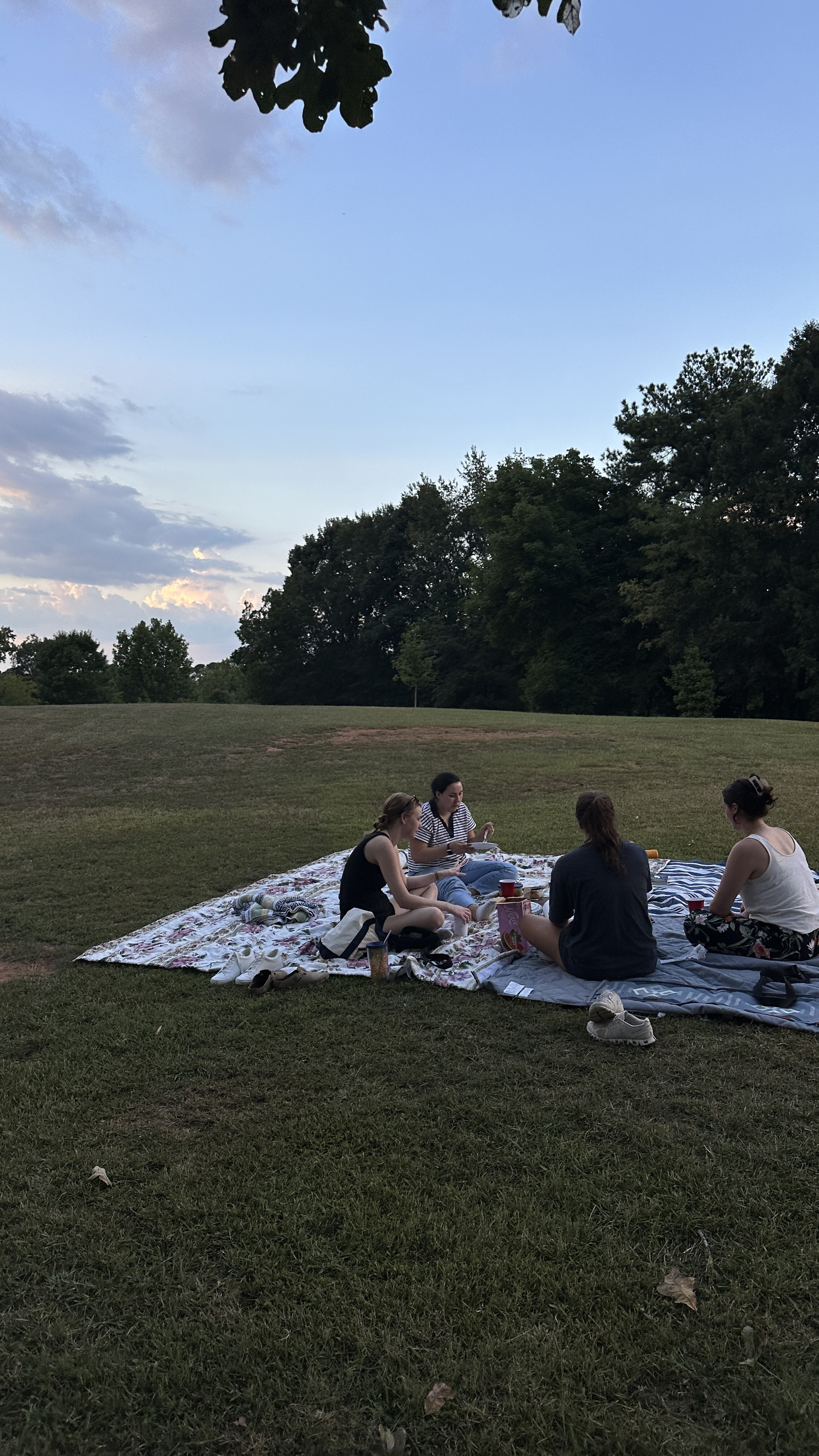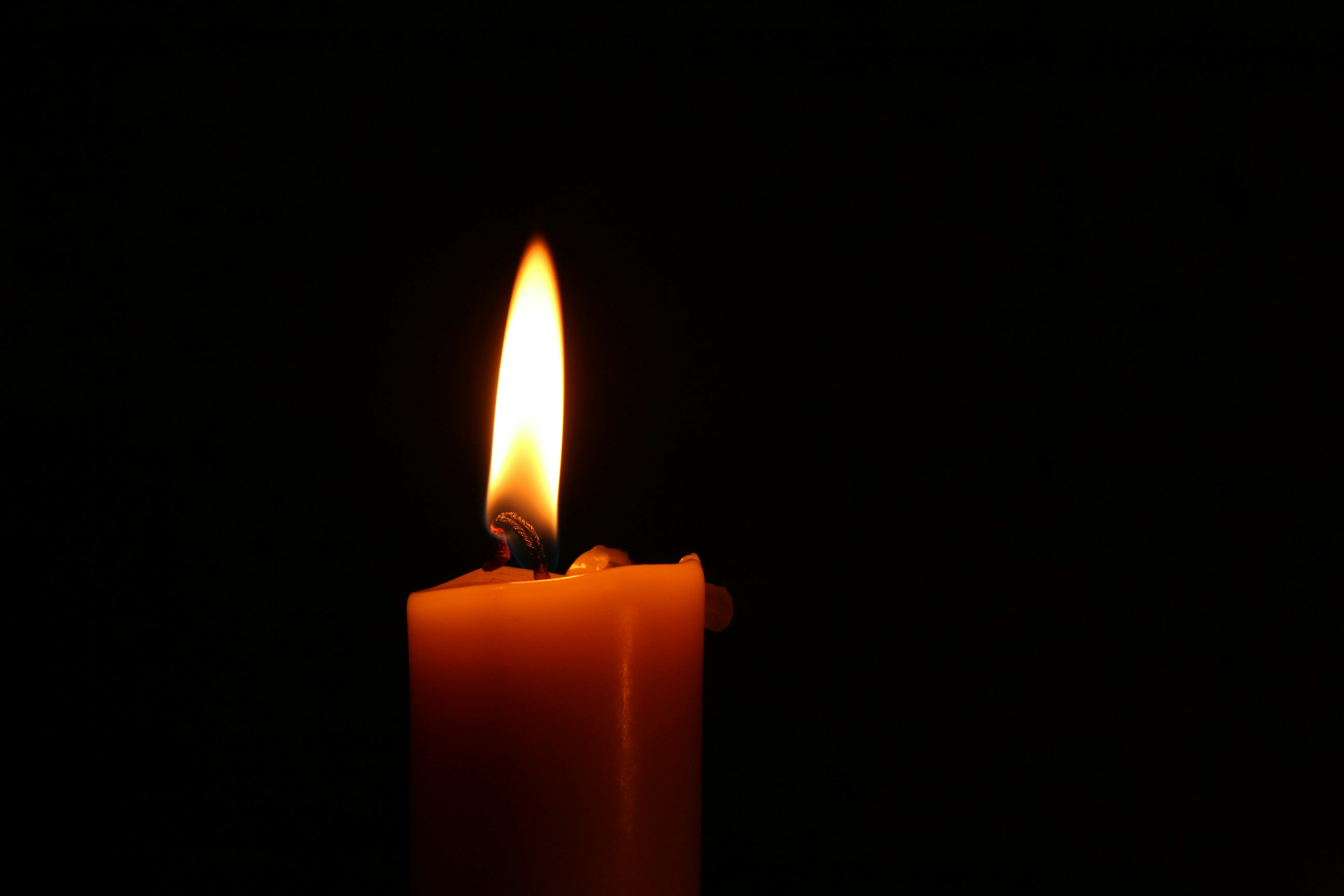
by Mackenzie Matthews on October 18, 2022
What are the memories for you that create the most nostalgia? What environments bring those memories back? What are the senses that are heightened as you peer back through the rearview mirror of your life? What do you experience in your senses? Smell, touch, taste, and sound. It's part of being human, to feel nostalgia — the longing to be connected to our story.
I grew up in a large and loud family. Our temperaments lean toward extroversion and expression. My dad is one of five, who each had several children. My childhood years are imprinted with cousins and aunties, big tables with added chairs. We always seemed to be inviting a few extras in too; a friend or neighbor, a boyfriend or girlfriend. But you could count on my large, loud, and musical family to — at some point — sing.
My uncles would sing the Eagles (always Seven Bridges Road), each with their own part in the four-part harmony. A couple of my teenage cousins would throw in a song here or there, but at some point, the group of us would gather to sing Summer Breeze. It's our way.
But more than Seven Bridges Road or Summer Breeze, we sang the Doxology. Before every meal, when we gathered to pray over the food, we'd sing the Doxology. It was made beautiful by harmonies — my aunt and uncles each with their part, alongside my grandmother's alto, it was gorgeous. It became a legacy of my family tradition.
Spiritually, we are all over the map. But there is something about our gathering to sing this age-old hymn together that has left deep imprints on each of us. We could look around our family circle and see generations of our family. We could see the story — our story — in the faces of each other. Years of history we've had — some hard and disorienting, others joyful and sweet — all marked by the sound of this hymn, a recognition of these roots of faith.
Why do we sing it? When did it start?
We've sung it for as long as I can remember. It started when my grandfather was a kid in 1948. He said it may have been earlier than that. He remembers it as a child, then an adult, then a grandparent, then a great-grandparent. It is a ritual of many generations, a practice woven into our shared story.
The Doxology itself is a well-known hymn. Translated into countless languages, it is treasured. It was first published in 1709 by Anglican Bishop Thomas Ken (1637-1711). Ken was orphaned as a child and raised by his older sister. He became a scholar at Winchester College, spending most of his life intertwined with both the college and the Cathedral. He stood in various academic and church positions, including chaplain to Princess Mary and Charles II.
Ken taught his students to sing hymns daily — ritually and devoutly, morning and evening. And it was through this practice that the Doxology was born. It was the closing stanza of three hymns from this rhythmic practice he taught his students.
From 1709 to 2022. In 300 years, this hymn has touched the lives of millions.
My grandparents chose to keep this generational ritual alive. The pair of them lived simply and faithfully, deeply loving Jesus. Their prayers for each of us in my big family no doubt marked the essence of their love. I could see it in the eyes of my grandfather singing, always in tears. He was the weepy one. My grandmother was ever composed until the dementia came for her mind. Even then, she never faltered during her part in the Doxology.
When I remember the years — the tables, the kitchens, and living rooms, the holidays and no-reason gatherings — I remember them like polaroid pictures. Snapshots of moments in the passage of time. It's what makes this life beautiful and also devastating: it doesn't keep. Our time, it's the most precious thing we have. My grandparents used their time to set the tone. It was the two of them who prayed such faithful prayers over our family, the two of them who passionately followed Jesus. It was the two of them, no doubt, who would always remember the source of their blessings.
And so we sing. We gather in our family circle, now with key notes missing and new notes added, and we sing. We look around at each other remembering the source of our blessings.
Praise God from whom all blessings flow.
Praise Him all creatures here below.
Praise Him above ye heavenly hosts.
Praise Father, Son and Holy Ghost.
Amen.
What rhythms or rituals have you observed from your family history? What practices could begin with you and this generation? In what ways do you tell of the faithfulness of God — both to remind your own heart and to declare to your closest people? What could you start today?
Maybe it could be singing before the meal. Maybe it could be sharing. Maybe it could be writing in a gratitude journal or toasting together. Maybe it could be a simple prayer recited together, or even a moment of stillness. What sounds compelling and achievable for you?
I bet Bishop Thomas Ken would be blown away to see what has become of his words from 1709. I wonder what God might do through us too. We can be the torchbearers for the generations to come. The memory makers. The rhythm initiators. To be like my grandparents, faithful to remember and tell of the source of our blessings.




